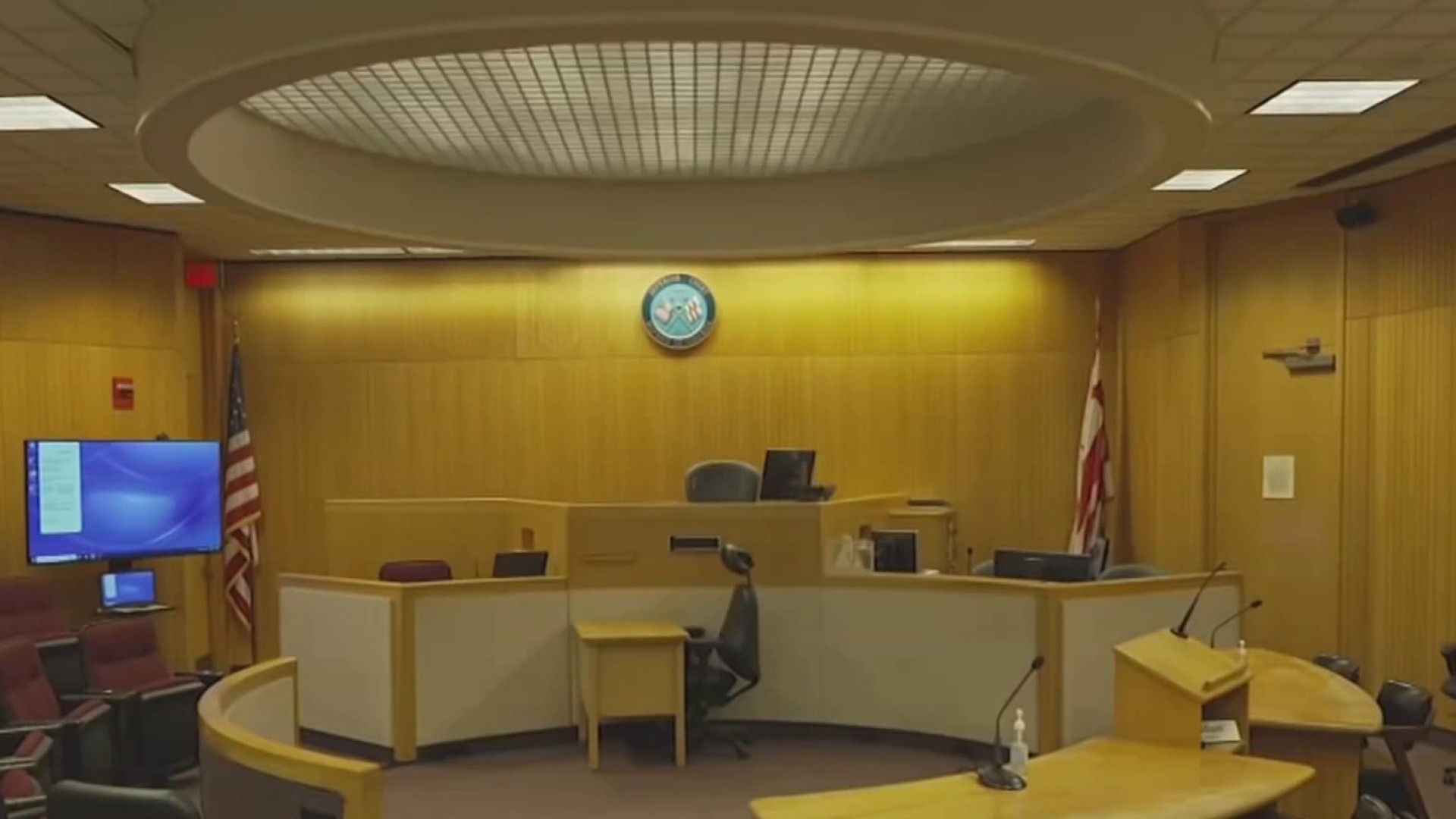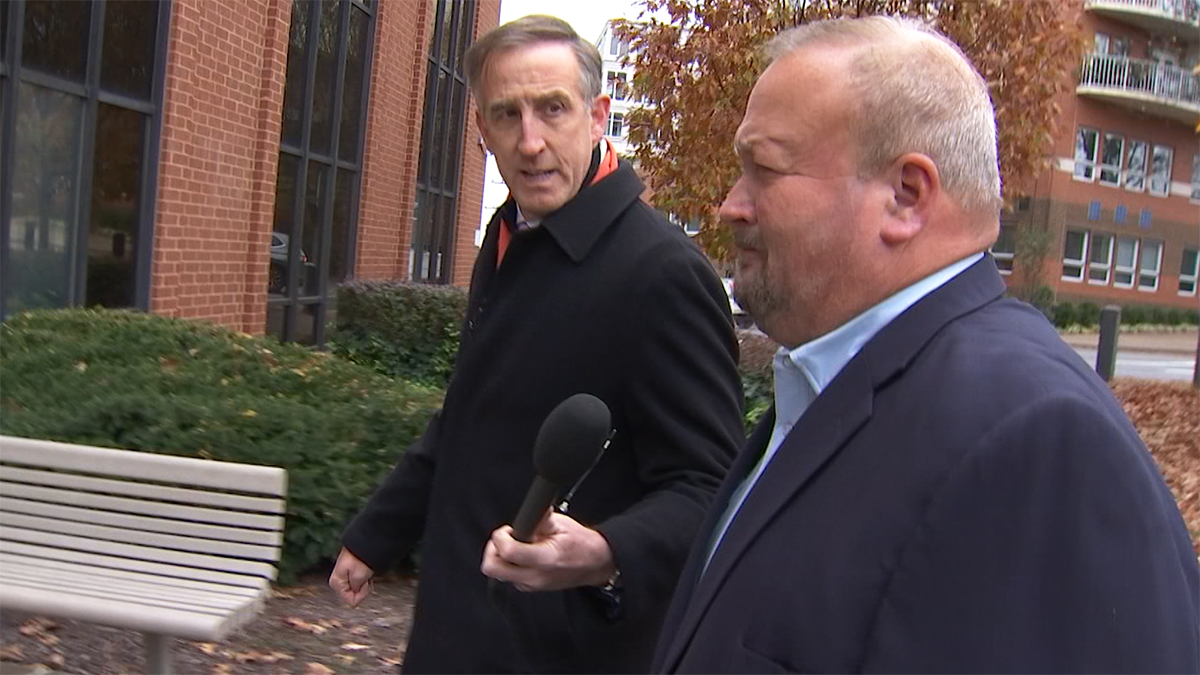Becky Kamp’s service animal, Sarah, joined her for a summer trip from Pennsylvania to a concert at Wolf Trap in Virginia last year. But it wasn’t a smooth ride for the pair.
Kamp said the Uber driver she called at the hotel turned she and her dog away.
“He said, ‘I don’t want dogs in my car,’” Kamp said. “Then he said, ‘I’m allergic to dogs.’”
Then it happened again, after the concert with a different driver.
"An Uber pulls up, and we go to get in, and they're like, ‘Sorry, we can't take the dog,’” Kamp said. “And we're like, he's a guide dog."
Kamp said she and others with service animals continue to be stranded by ride-share services, despite a landmark settlement agreement in 2016 between companies and the National Federation of the Blind. Federal law prohibits drivers from rejecting passengers with service animals.
“You cannot refuse a service dog. End of story,” Kamp said.
Investigations
Investigations by the News4 I-Team
Under the terms of the settlement agreements, the companies agreed to update their policies and provide training for drivers to better prevent passengers with vision impairments from being turned away. Kamp filed a complaint with Uber about her encounters.
“I was really angry but I calmed down and I said, OK, let's work with Uber and let's deal with the situation,” she said.
The News4 I-Team reached out to Uber, which said in an email, "We are upset by this rider's poor experience and have removed both drivers’ access to the app. Drivers who use the Uber app agree to accommodate riders with service animals and comply with their independent obligations under accessibility laws.”
Kamp said the company also provided her a $50 credit.
The National Federation of the Blind has used undercover testers to measure if ride-share drivers are adhering to the law and the settlement agreements. The organization said one major rideshare company denied 24% of vision-impaired riders who tested the service between March 2018 and March 2019. The organization said 12 of the 30 rideshare tests in Washington, D.C., were rejected by the rideshare drivers in that same time period.
“They are a public service,” said Deepa Goroya of Disability Rights Maryland. “They have to be open to everyone, including people who are blind.”
The legal settlements between the National Federation of the Blind and Uber and Lyft expire later this year, the organization said.
“The National Federation of the Blind is committed to addressing the ongoing discrimination that we observe,” spokesman Chris Danielsen said. “All options are on the table, including continued discussions with the companies or going back to court within the confines of the settlement procedures or anew after the settlements expire.“
Uber told the I-Team it investigates any reports of service animal denials, takes appropriate action when necessary and provides quarterly email reminders to drivers about its policy.
File a complaint and read more about the undercover testing conducted by the National Federation of the Blind here.
Reported by Scott MacFarlane, produced by Rick Yarborough, and shot by Jeff Piper and Steve Jones.



